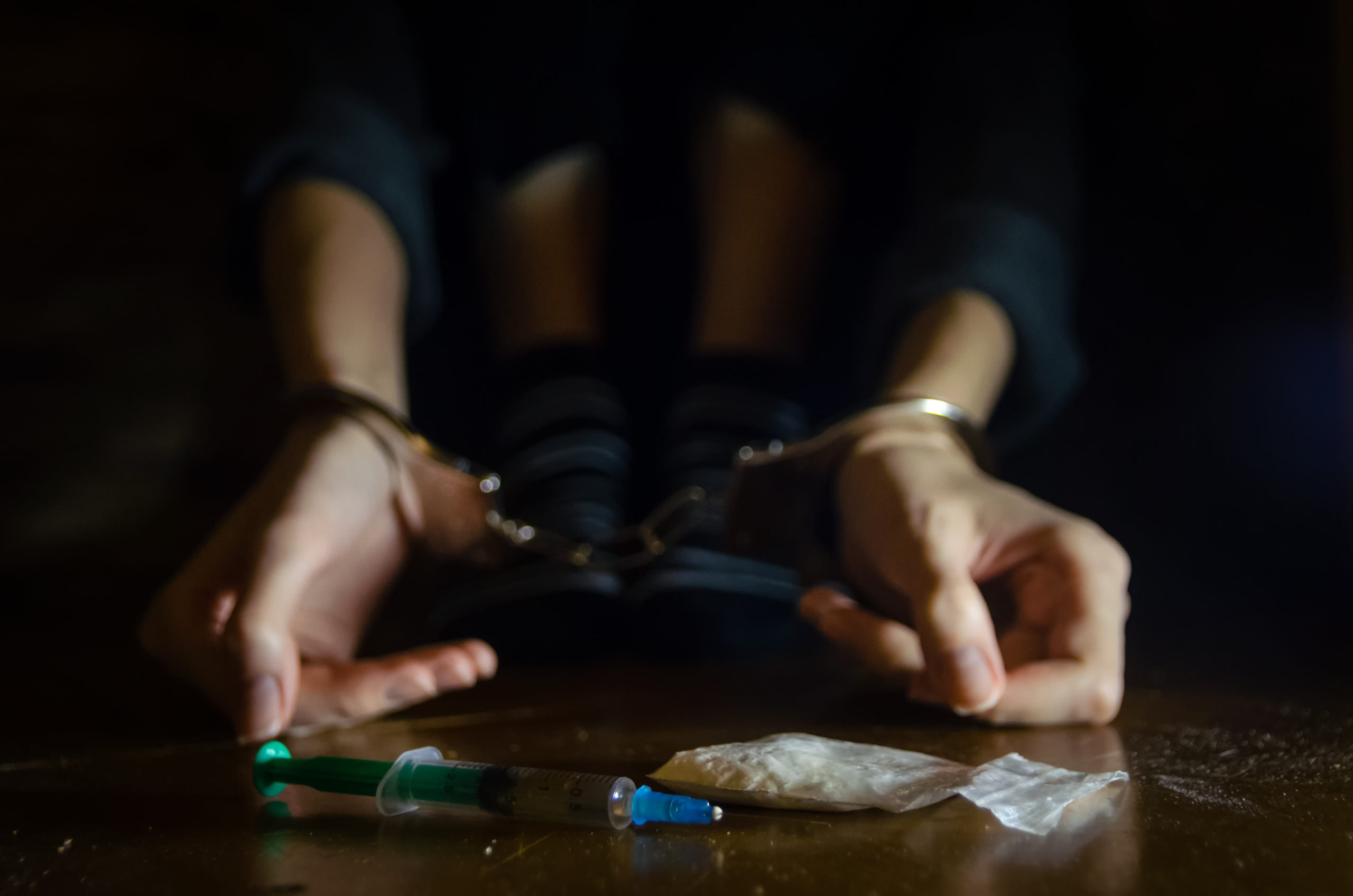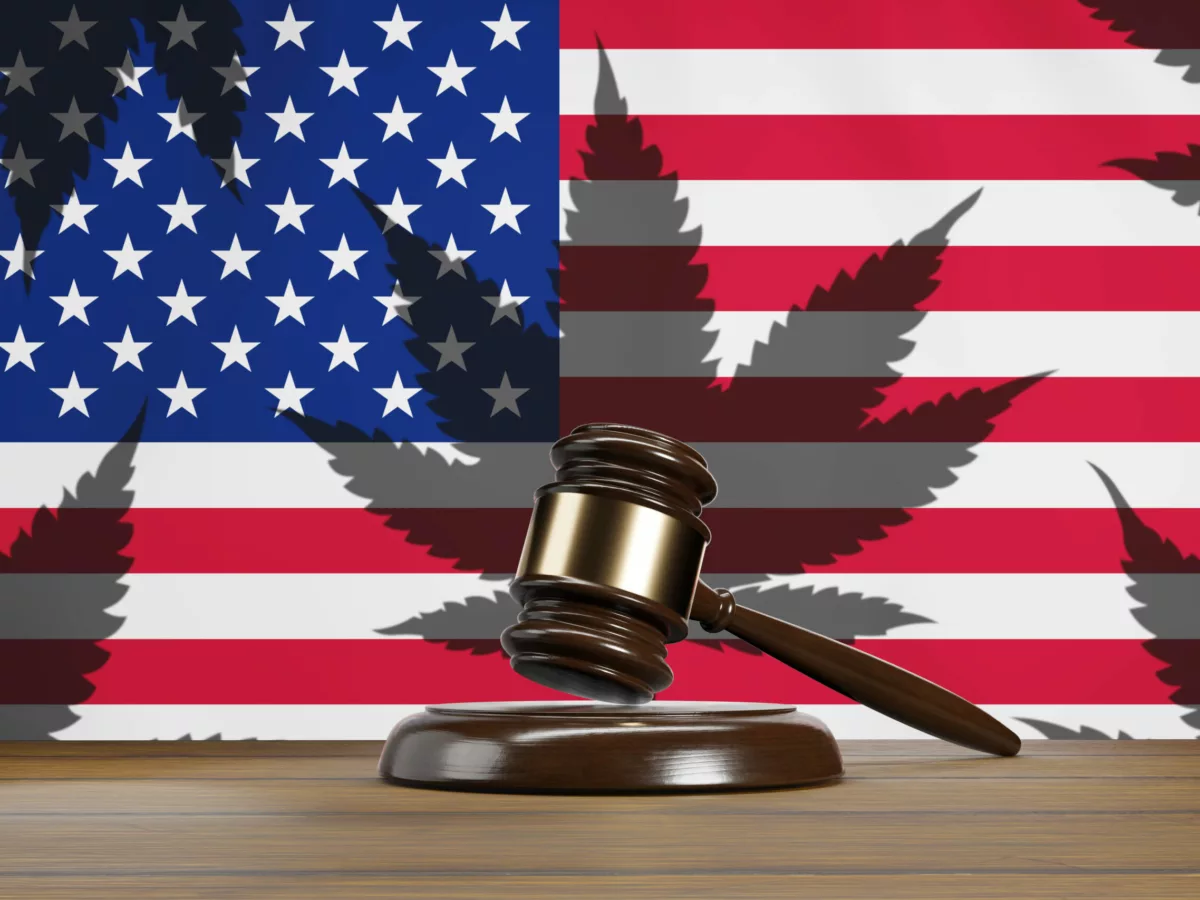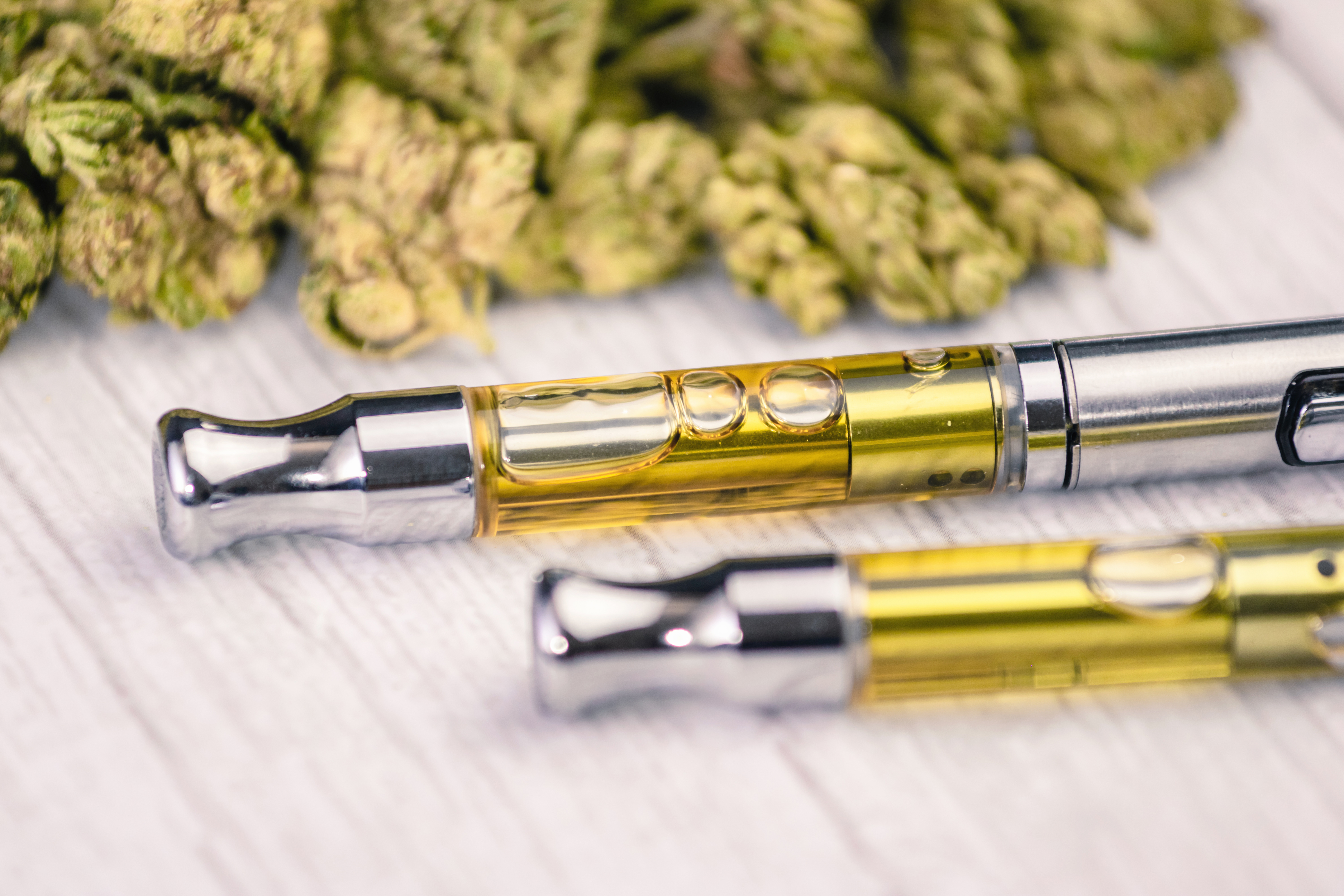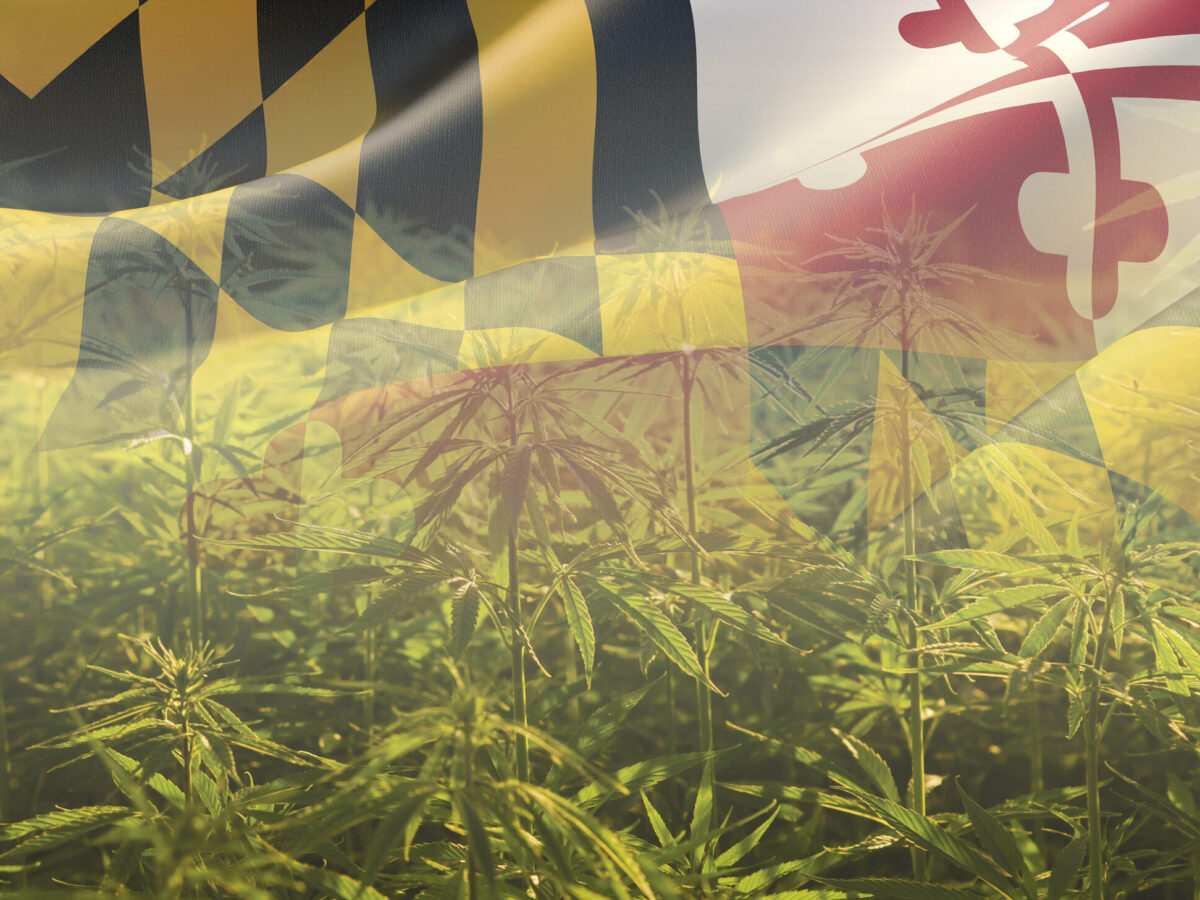Lawmakers in Virginia’s House of Delegates unceremoniously shelved a bill on Friday that would have reduced criminal penalties for the possession of drugs.
In a 6-2 vote, the House’s Courts of Justice Subcommittee #1 approved a motion for HB 612 to be “laid on the table” – meaning the measure is now unlikely to be picked up again before an upcoming deadline.
The legislation, introduced by Del. Sally Hudson (D-Charlottesville), proposes to lower penalties for possession of Schedule I and II controlled substances – like meth, heroin, fentanyl, cocaine and psilocybin – from a felony to a misdemeanor. Penalties for lower level drugs would also be reduced. Furthermore, the bill would stop authorities from prosecuting people for possessing trace amounts of drugs that aren’t considered a “usable quantity or a countable dosage unit.”
“It’s a concrete step we can take this year to reduce the harmful consequences of prolonged incarceration as an ineffective deterrent and treatment strategy for substance abuse,” said Hudson, an economist and university professor, to the committee.
Numerous local civil rights groups have backed the measure, including the ACLU of Virginia, Americans For Prosperity, Justice Forward Virginia, Nolef Turns and Marijuana Justice. Last year, Hudson introduced a similar measure that died in committee. Since then, state Republicans have taken back the House and governorship, so proponents knew the bill faced long odds. (The GOP tends to support tougher drug laws.)
Advocates say harsh penalties for drug possession are counterproductive because they prevent people from getting help for potential substance abuse disorders. Even beyond time spent in prison, felony convictions can have lifelong consequences, often barring people from getting a job, applying for housing, or pursuing a college degree.
“The felonization of drug possession occurred at a time when drug users were thought to be bad people –– they aren’t,” said Bradley Haywood, a public defender for Arlington County and the City of Falls Church. “This is a disease and a public health problem, which requires a public health solution, including eliminating barriers to recovery.”
Haywood noted that decriminalizing drug possession is “a very bipartisan issue.” According to the Drug Policy Alliance, 18 states now treat drug possession as a misdemeanor, including West Virginia, Delaware, Pennsylvania, South Carolina, New York.
Chelsea Higgs Wise, executive director of Marijuana Justice, said Virginia legalized cannabis last year because strict weed laws were disproportionately hurting some communities, adding that penalties for other drugs have had the same effect.
“These harsh punishments with felonies didn’t work for marijuana possession and they are not working for any substances right now,” she said.
Possessing a Schedule I or II drug is a Class 5 felony in Virginia that is punishable by up to 10 years in prison. Hudson’s bill would lower that sentence to 12 months in jail, the maximum punishment for a Class 1 misdemeanor.
“There is a lot more to be gained from a less punitive approach to trying to help people who are suffering from addictions, even for Schedule I or II substances,” said Higgs Wise. “Twelve months of misdemeanor probation still gives us plenty to work with if somebody is ready to get help.”
Some witnesses on Friday objected to lowering drug possession penalties, arguing that doing so would have serious drawbacks for public safety.
“This is not a situation where there are no victims,” said Lori DiGiosia, a state prosecutor in Stafford County. “Children of addicted parents suffer from neglect and other issues.”
DiGiosia said burglaries, robberies, murders and a bulk of larcenies are the result of people being addicted to drugs. While she agreed with advocates that addiction is a public health issue, she said longer prison sentences are helpful because they give authorities more time to treat people.
“We are doing our best to address [addiction] in the criminal justice system to deal with it, and we won’t have the tools to do it if [penalties] are reduced to misdemeanors,” she said.
Though criminal defense attorneys claim the contrary, DiGiosia said “it’s just not true” that Virginians spend years in prison on simple drug possession charges. She didn’t offer any evidence to back the claim.






